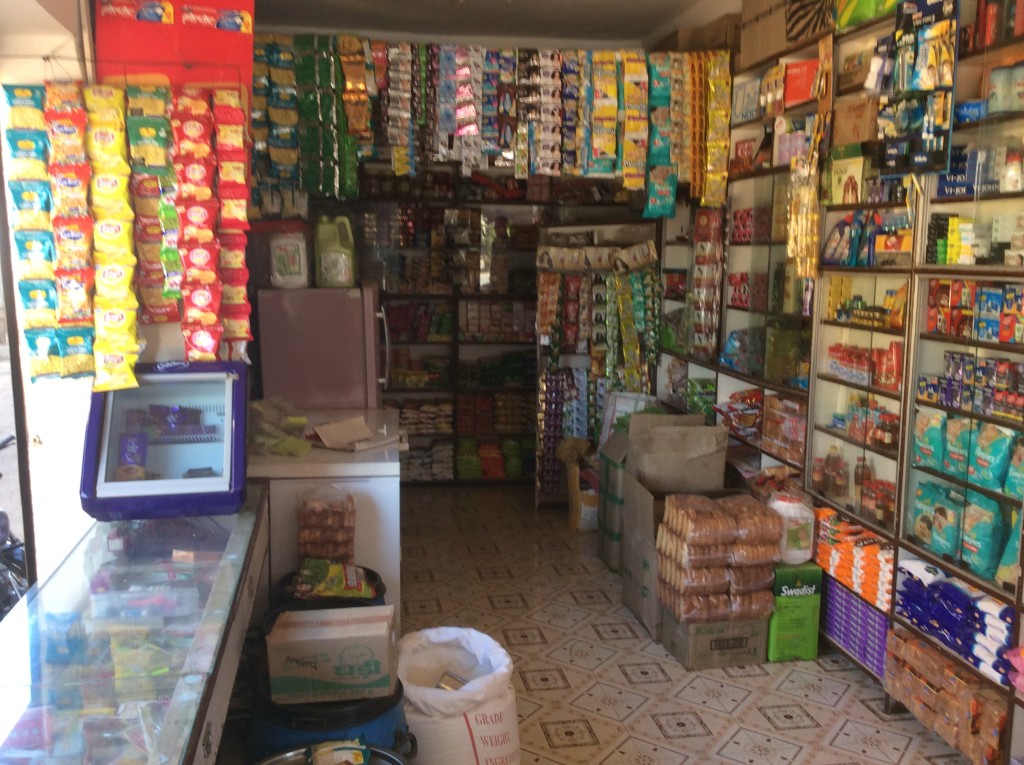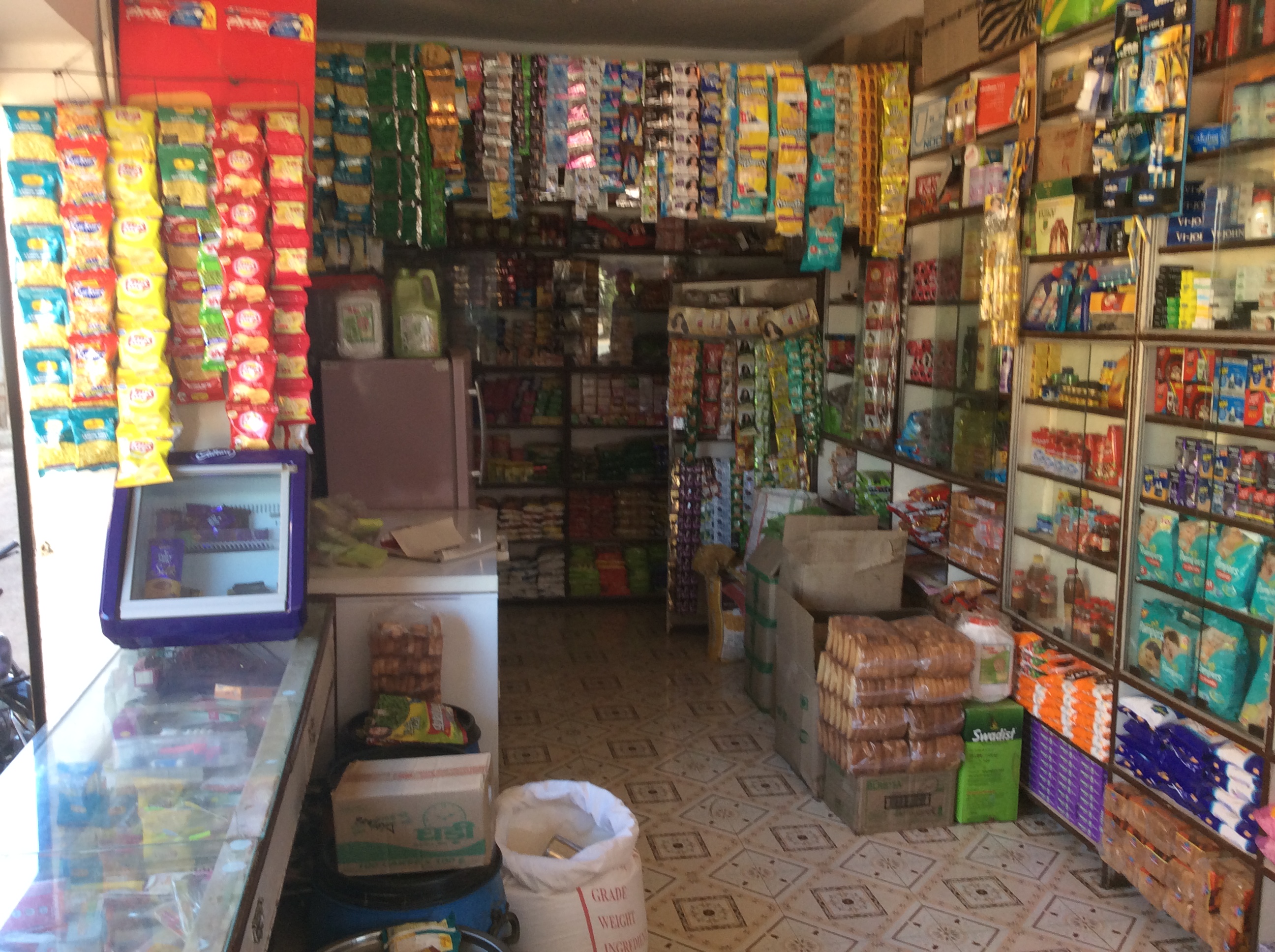What is a ‘Brick and Mortar Business’ I hear you ask? Well, the term hasn’t actually been around for all that long. I suppose you would classify it as a retronym, which is a new term that’s been created to distinguish something that has existed for a long time from something that has been developed later on.
Think of how acoustic guitars have existed for centuries but the actual term ‘acoustic guitar’ has only been in use since the electric guitar was invented in the early years of the 20th Century. That’s what Brick and Mortar is.

It’s a business that isn’t primarily online. One that involves a physical location as its base of operations, be it a shop or an office or whatever. It’s been built with brick and mortar or some equivalent of that as opposed to just existing on the internet.
It might sound like it’s a bit of a step in the wrong direction, but there are actually quite a few advantages to starting a brick and mortar business instead of just succumbing entirely to the age of the internet.
Being able to show off your products or services firsthand while also being able to deal with customers in the flesh is something that just isn’t possible with and online business, but with these advantages come some downsides.
One of which is the greater number of expenses that come with physical property, many of which are unfortunately unavoidable, and this includes certain taxes that you are probably unaware of. This is why when you’re setting up a business that needs a physical store, make sure that you have a company expense card to help you monitor and control your spending based on your budget. Here’s a couple of them for you to consider:
Location
This is the biggest and most obvious one that needs to be discussed. This is the actual brick and mortar and will almost certainly be the most expensive thing that you have to dish out for when starting the business.
There are certain different routes that you can take of course. You could buy some property and build it from scratch. This will cost an awful lot but it will give you the security of knowing that space is yours to do with as you please.
You also won’t have to be consistently paying rent on a property that belongs to you. You could also just buy some already existing office space which will once again give you the same security.
But the best option that you’ve got is probably just to rent. Especially when you’re starting out, maybe try and get a shop or an office for about a year and just see how well the business does at that time.
I would suggest being certain that you have enough money to fulfill however long you rent for before actually making the decision. Don’t just assume that your business will generate enough revenue for you to pay it as you go.
Employees
Yes having employees is not exclusive to a brick and mortar business by any means, but if you have someone who is actually coming into the shop or office to work every single day, the rate is going to be higher.
And also, you will more than likely need more labor hours fulfilled for a physical business. If it’s a store you’re running, you’re probably going to want to be open for about 10 hours per day and at least five days per week.
That’s the standard, which means a grand total of 100 labor hours. In the beginning, you can do a good chunk of that yourself, but it would be difficult to be on the shop floor while also running the business end of things.
So a certain number of employees is going to be essential for things to run as smoothly as you want them to and for you to actually make some money out of this. So delegate some of the company’s budget for that.
And when you’re hiring, make sure that you are choosing the right people so that you don’t end up with a high turnover rate because employee exit is actually something that costs a business a lot of money.
Insurance
There are several things to consider when it comes to your business’s insurance. You might need to ensure the space itself, especially if you aren’t renting. You never know what could happen there.
You’ll need some kind of retail insurance in the case of something unexpected such as theft, fire or some other kind of damage. Sometimes this sort of thing is just out of your control but you need to be prepared for it after spending so much on stock.
And then when you’ve got employees too you need to think about worker’s compensation insurance. This will cover you in the case of injury to one of your employees as a consequence of the work and should also cover them financially too.
There’s also vehicle insurance too if you happen to have delivery or company cars as an aspect of the business that you’re running.
It’s kind of a pain to be paying all of these things because it doesn’t feel like you’re getting anything out of it. That will all change once something goes wrong though and the true value of insurance becomes clear.
Maintenance
You don’t have to clean a website, but you do have to clean an office or a shop. And chances are you’re going to be too busy to deal with that yourself so you are probably going to want to hire a cleaning service every once in a while.
There’s also the fact that once you move into your space, it needs to be catered to your business. What I mean is that you’ll probably want to paint it, have your logos and branding on the windows and have a specific design.
While you would also need something like that for the landing page of a website, it will cost more for a brick and mortar business. And then there are other things like air conditioning, keeping away wildlife, light and heating, plumbing and several others.
Most of this stuff isn’t going to be individually expensive but it will all add up over time as you need it.
At the end of the day, there are a lot more expenses that you will have to deal with when you have a brick and mortar business as opposed to an online one, but it has its advantages too, so it really comes down to whether or not you personally feel like the expenses are worth it.
